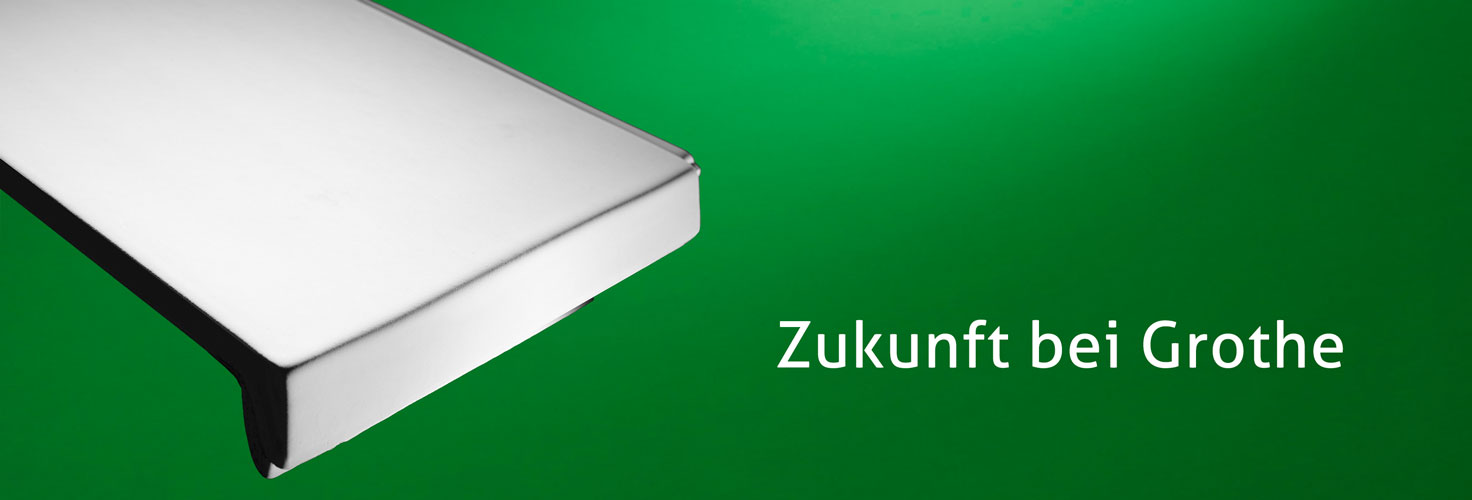Future at Grothe
More climate compatibility in production and products
Energy efficiency has become a high priority for product and process changes, particularly in the brick and tile industry. Emission reductions and alternative stove fuels are currently being discussed in this industry.
Throughout the construction sector, the CO2 footprint of raw materials and construc-
tion materials is a key factor in the awarding of contracts and the implementation of construction projects. Large property developers are bound to Europe-wide requirements for climate neutrality with certified products. For our direct customers, as well, the CO2 balance is increasingly decisive in purchasing.
As a responsible company, Grothe is also setting out to test and optimise production processes and products for greater climate compatibility. One important component is white engobes, for example, whose development we are currently focusing on.
Although they are part of the standard colour range and have so far been requested primarily by our customers from southern Europe, the potential of white surfaces to improve the urban microclimate is far from exhausted and will also become increasingly important in our own latitudes in future. This is proven by scientific studies on construction physics and heat emissions in cities.
Our research department is also working intensively on the question of how the CO2 input in our raw materials can be minimised. We are currently examining the use and benefits of databases and special software for calculating and optimising the CO2 foot- print of different recipes, including the corresponding certification.
Grothe is therefore taking a multifaceted approach to these developments with the foresight that building with raw materials from a climate perspective is becoming an increasingly important issues of the future worldwide.
